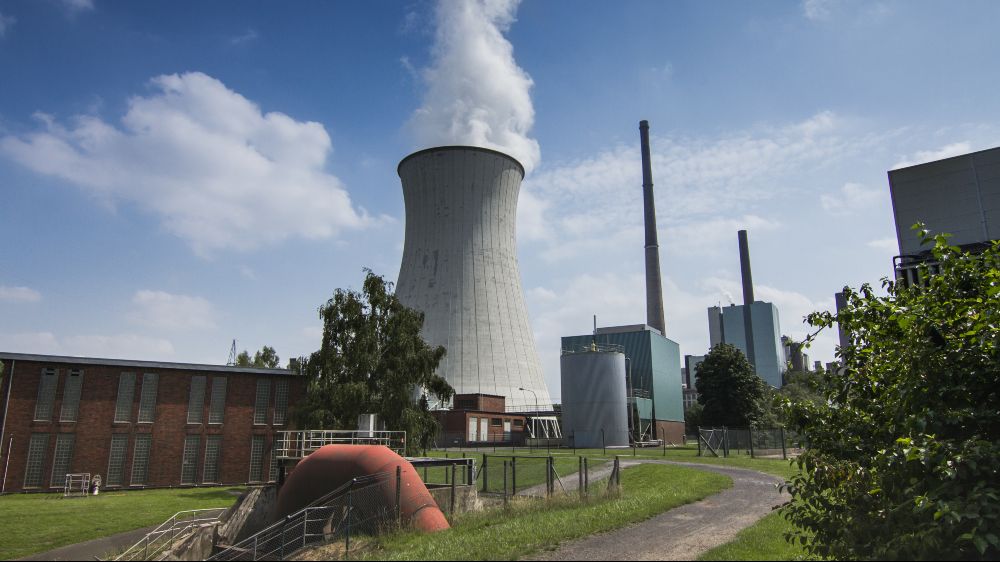
IEA FBC - Fluidized Bed Conversion
The fluidised-bed method is an attractive process technology because it can be used flexibly. For instance, the method can be used to convert not only biomass, but also waste or mixed fuels into power. However, the various fuels place different demands on components and plant technology. International experts from 19 countries are therefore involved in the Technology Collaboration Programme (TCP) „Fluidized Bed Conversion“ of the International Energy Agency (IEA). Participants exchange information in workshops and meetings on the whole range of research questions, including experiences from commercial applications. Individual aspects such as material qualities play just as much a role as 3D modelling of process sequences.
Fluidised bed for good heat transfer
Fossil fuels such as coal or natural gas are limited worldwide and their combustion has climate-harming consequences. This is why all around the globe, more and more power is being generated from alternative energy sources. This includes not only wind or sun but also biomass. Biomass is usually burned in power plants in the so-called fluidised bed process. With this method, the incoming combustion air or the resulting flue gas flow around the fuel particles. The flow forces involved "carry" the fuel particles. This creates a fluidised bed in which there is close contact between the fluidised biomass particles and the gas. The result is good heat transfer inside the boiler, but also between the fluidised bed and the container wall or the built-in heat exchangers. Another advantage: The temperature in the boiler remains relatively constant. This means that fewer pollutants arise during the combustion process compared to other methods.
Year of foundation: 1980
Member states: Germany, China, Canada, Russia, France, Austria, Czech Republic, Finland, Greece, Hungary, Italy, Japan, Korea, Portugal, Poland, Spain, Sweden, United Kingdom and the USA
Funding: task-shared
Contact
Prof. Dr. Günter Scheffknecht, guenter.scheffknecht@ifk.uni-stuttgart.de

